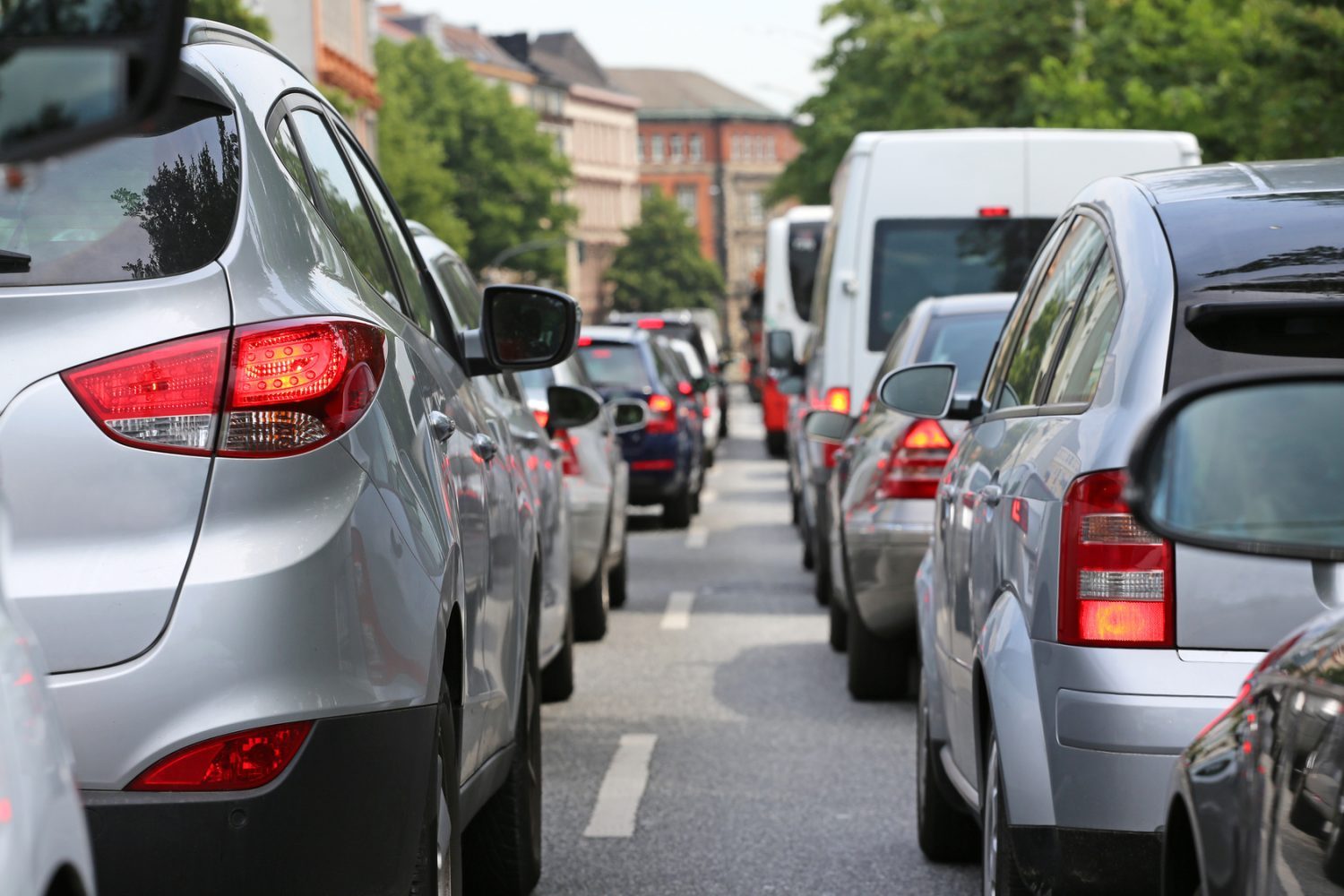« En raison du chantier actuel au niveau de la rue du Pont à Diekirch, les flux de circulation routière au sein de la ville ont dû être réorganisés. Ainsi, il est également interdit de traverser la ville de Diekirch par le biais du chemin repris (CR 351) qui passe par le « Goldknapp » (« Haemerich »).
En effet, des panneaux de signalisation indiquant cette interdiction ont été mis en place à la bifurcation « route d’Erpeldange »/ « rue des Fleurs ». Or, il s’avère que nombre de navetteurs continuent à passer par cette voie et ne respectent pas du tout l’interdiction de circulation. Il me semble que les navetteurs ne sont pas suffisamment informés de cette interdiction par la mise en place d’un panneau approprié au carrefour « Porte des Ardennes »/ Rue Goldnapp à Erpeldange-sur-Sûre et risquent donc de se voir sanctionnés en cas de contrôles policiers.
Voilà pourquoi j’aimerais poser les questions suivantes à Monsieur le Ministre de la Mobilité et des Travaux publics et à Monsieur le Ministre de la Sécurité intérieure :
- Monsieur le Ministre de la Mobilité et des Travaux publics peut-il informer sur un éventuel renforcement de la signalisation au pied du Goldknapp à Erpeldange-sur-Sûre afin que les navetteurs ne traversent pas inutilement le « Haemerich » (CR 351) en direction de Diekirch ?
- Monsieur le Ministre de la Sécurité intérieure peut-il informer sur d’éventuels contrôles de la part de la police à l’entrée des quartiers urbains de Diekirch, en particulier à l’endroit « rue des Fleurs »/ « route d’Erpeldange » ? »






